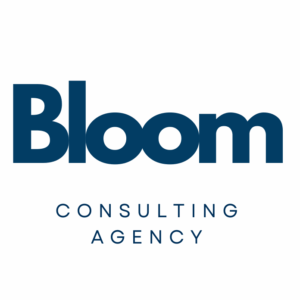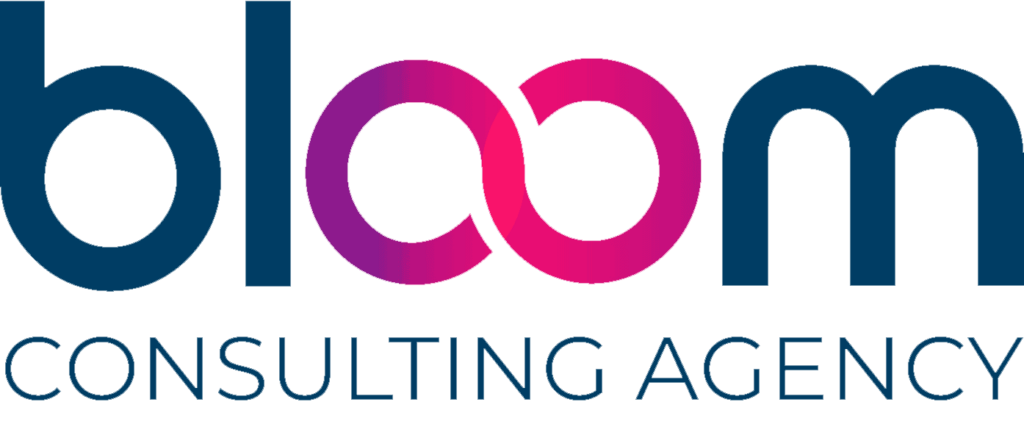Opening a drug and alcohol treatment center isn’t just a meaningful way to serve your community—it can also be a highly profitable business when approached strategically. With addiction rates rising nationwide, the demand for high-quality rehab services continues to grow. However, securing funding for a rehab facility and navigating regulatory requirements can be complex. At Bloom Healthcare Consulting, we specialize in helping entrepreneurs and healthcare professionals launch successful treatment centers—from concept to licensure to growth.
Funding options for addiction treatment centers are becoming more diverse. Traditionally, rehab facilities relied on federal block grants, state general funds, and Medicaid reimbursements. Today, new opportunities such as SBA loans, private equity, crowdfunding, and government grants make opening a treatment center more accessible than ever. With the right business plan and expert guidance, you can take advantage of these funding pathways and build a sustainable, community-focused enterprise.
Why Rehab Centers Require Careful Financial Planning
Launching a rehab facility is a significant investment that requires a clear understanding of healthcare operations, budgeting, and compliance. The cost to open a residential treatment center can range from hundreds of thousands to several million dollars depending on the scope of services, staffing, and property acquisition or renovation. Some of the key financial considerations include:
-
Property costs: Will you lease, build, or purchase a facility?
-
Licensing and accreditation: State behavioral health licensure and optional accreditation from CARF or The Joint Commission.
-
Staffing: Clinical directors, therapists, case managers, administrative staff, medical personnel, and support workers.
-
Program offerings: Will you offer inpatient, outpatient, detox, or dual diagnosis treatment?
-
Marketing and web presence: Branding, SEO, Google Ads, and healthcare digital strategy.
Understanding these cost drivers is essential for building a realistic and scalable business model. Professional healthcare consultants can help you create a financial forecast, assess local competition, and ensure compliance with state and federal regulations.
How To Get Funding For A Rehab Facility
Securing sustainable funding is essential for addiction treatment centers to provide high-quality care, expand services, and reach more individuals in need. Treatment centers often rely on a combination of public, private, and community-based funding sources to cover operational costs, clinical staffing, program development, and patient support services. These funding streams can include government grants, insurance reimbursements, private pay clients, donations, and partnerships with nonprofit or healthcare organizations.
Understanding the various funding options available can help treatment centers remain financially stable while delivering accessible and effective care. It also enables organizations to adapt to changing healthcare landscapes, meet licensing and accreditation standards, and invest in evidence-based practices. For both new and established rehab centers, identifying and utilizing diverse funding sources is key to long-term impact and sustainability in the fight against addiction.
Traditional Bank Loans
The Importance of Location and Market Research
Before funding a rehab facility or selecting a site, it’s essential to conduct local market research. Analyzing community needs, competitive providers, zoning laws, and referral networks will help determine whether your rehab facility is positioned for long-term success. Factors to consider include:
-
Population density and demographics
-
Accessibility to transportation
-
Insurance coverage and payer mix in the area
-
Proximity to hospitals, clinics, and referral sources
Work with Experts to Build Your Rehab Facility
Opening an addiction treatment center is a rewarding but complex process that requires strategic planning, compliance knowledge, and financial acumen. At Bloom Healthcare Consulting, we specialize in guiding new rehab owners through each step—from building a business plan and securing funding to licensing, marketing, and launch.
Whether you’re a healthcare professional, investor, or entrepreneur, we’re here to help you turn your vision into a reality. With our insight into the Florida behavioral health landscape, we’ll equip you with the tools and resources needed to create a facility that is both clinically effective and financially sustainable.
Contact Bloom Healthcare Consulting today to schedule a discovery call. Let us help you explore funding options, develop a winning strategy, and launch a rehab facility that changes lives—while building a business that lasts.









